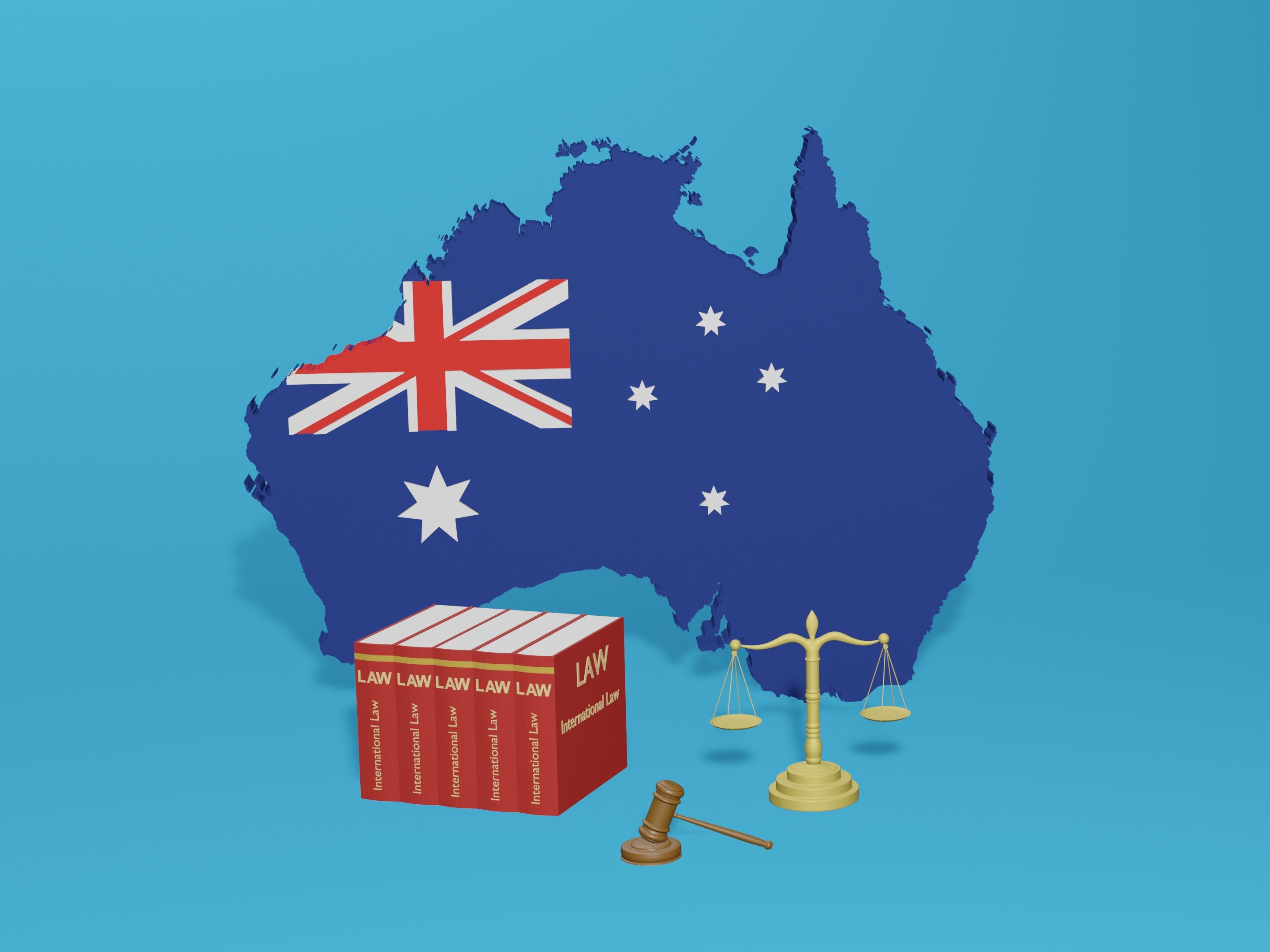15 November 2022
3 min read
#Media & Communications, #Government
Published by:

In a wide-ranging keynote address to the Communications and Media Law Association in Sydney this week, Federal Communications Minister, the Hon Michelle Rowland MP, outlined the media policy priorities of the Albanese Government.
Ms Rowland introduced the media policy challenges facing the Albanese Government by saying:
“We have a lot of work to do just to catch-up: to move Australia’s policy settings and regulatory framework into the 21St century. A policy pile-up and backlog of issues that could have been resolved by now”.
Commenting on the media policy work of the Morrison Coalition Government, which preceded Labor in office, Ms Rowland said:
“The previous administration didn’t heed the advice of past inquiries and reviews. Or where they did, the efforts at reform were half baked or underwhelming. And, more fundamentally, the regulatory framework wasn’t modernised and remained stuck in the analog era.”
The principal legislation which regulates broadcasting in Australia, including television and radio services and some aspects of online services, is the Broadcasting Services Act 1992. This legislation reflects the policy thinking of the 1980’s – an era when digital services including the internet did not exist, and television and radio services in Australia were provided by terrestrial transmission at no charge to the consumer. Obviously, much has changed in the subsequent 30 years, and most of today’s media and communications platforms and services bear little resemblance to the pre-internet/digital era.
Minister Rowland outlined some of the key objectives which will guide the Albanese Government’s media reform program, as follows:
In the immediate term the Albanese Government will focus on three areas to be implemented in 2023:
The Government will also develop as a priority a News Media Assistance Program or ‘News MAP’, a program of work that will lay the foundations for “principled, targeted and evidence-based intervention to support the news media sector”.
The Albanese Government is developing a National Cultural Policy which will be a “broad, comprehensive roadmap for Australia’s art and culture that touches all areas of government”.
It will be relevant to communications policy to modernise media regulation and update analog-era broadcasting legislation for the digital age. As mentioned above, the issue of Australian content on streaming platforms will be an important aspect of the Policy.
Minister Rowland is a former media lawyer who has held the communications portfolio for Labor for more than 6 years. In delivering her address to CAMLA this week she appeared very comfortable with the complex regulatory and policy issues which are at the core of her portfolio. There are grounds for optimism that long overdue reform may be in sight.
If you have any questions about this article, please contact us below or send us your enquiry here.
Author: Ian Robertson
Disclaimer
The information in this article is of a general nature and is not intended to address the circumstances of any particular individual or entity. Although we endeavour to provide accurate and timely information, we do not guarantee that the information in this article is accurate at the date it is received or that it will continue to be accurate in the future.
Published by: